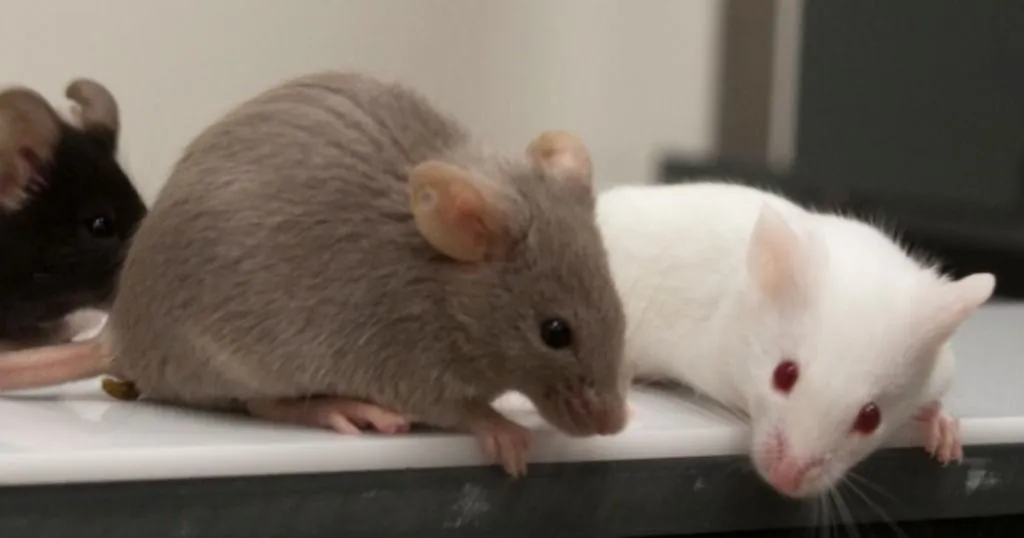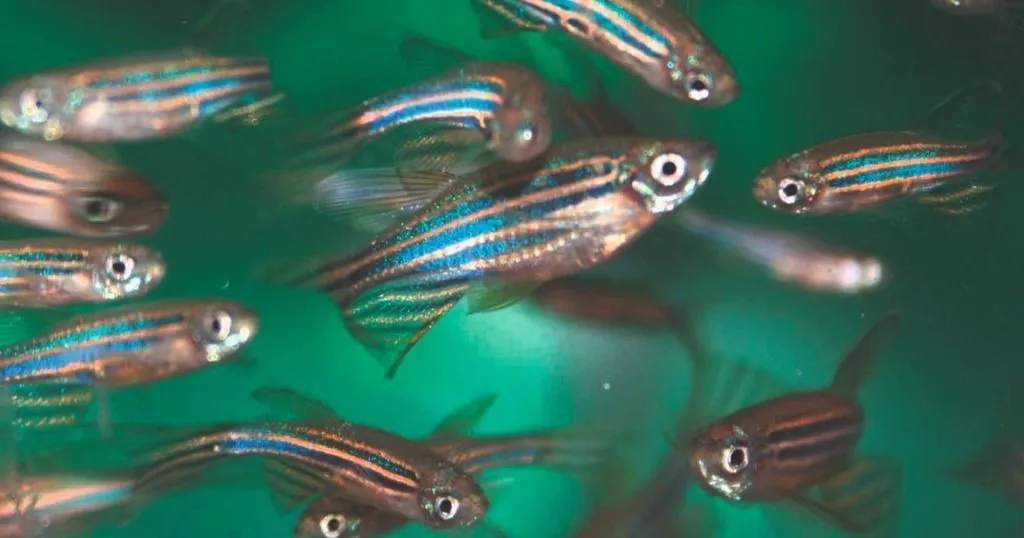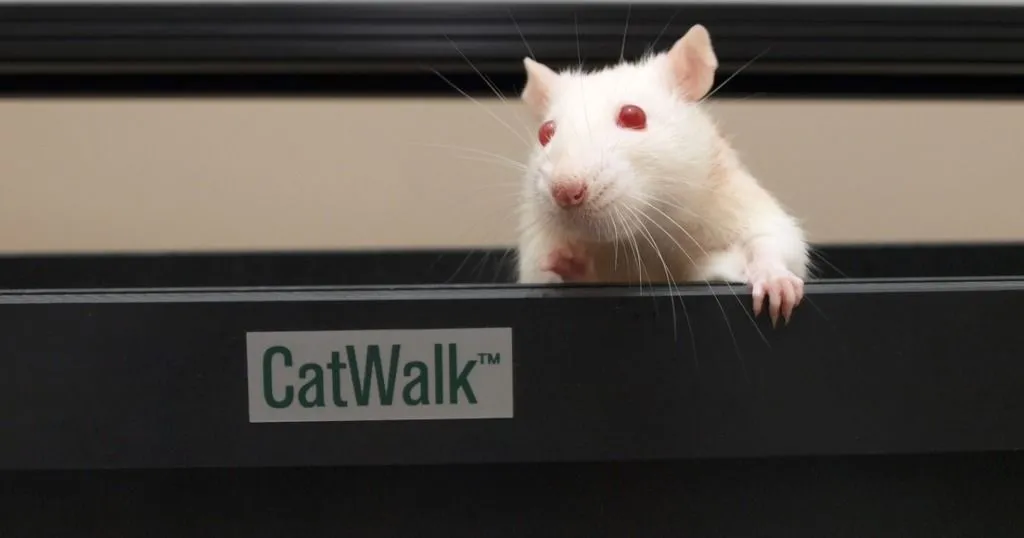Drunken mice get aggressive on Alzheimer’s drugs
Will there ever be a cure for alcoholism? Well, some laboratory studies show that certain drugs might stop the cravings. But they might also cause serious side-effects such as aggressive behavior.
Posted by
Published on
Thu 16 Aug. 2012
Topics
| Coding Schemes | Mice | Social Behavior Research | Stationary Research | The Observer XT |

Will there ever be a cure for alcoholism? Well, some laboratory studies show that certain drugs might stop the cravings. But they might also cause serious side-effects such as aggressive behavior.
Drunken mice on drugs
Newman et al. tested the behavior of alcoholic mice under the influence of several glutamate-antagonists; drugs that play a role in disorders such as Alzheimer’s and schizophrenia but might also be beneficial for recovering alcoholics. They found that certain drugs combined with alcohol resulted in escalated aggressive behavior, while others did not. Their results were recently published in Psychopharmacology.
Glutamate can cause brain damage
Glutamate is a neurotransmitter that plays an essential role in learning and memory, but overstimulation of brain cells by glutamate causes disruption or even cell death. It is what happens in disorders such as Alzheimer’s. Not surprisingly, substances that prevent the work of glutamate (so called glutamate antagonists) are widely studied for their effect on Alzheimer’s, schizophrenia, autism, etc. Some of these drugs seem to work on alcoholics, too.
Glutamate and aggression
In addition to its importance for learning and memory, glutamate also plays an important role in the regulation of aggression. So drugs that disrupt glutamate (and thus prevent cell death) may also cause heightened aggression. In other words, while some glutamate antagonists are suitable to use as a treatment, others can cause severe disturbances in behavior.
Alcohol and aggression
Alcohol also works as a glutamate antagonist. Newman et al. hypothesized that the violence and aggression that is so closely linked to alcoholism, might be explained by the dysregulating effect alcohol has on the glutamate system and therefor on aggressive behavior.
An Alzheimer’s drug for alcoholics
Alcohol (or ethanol, as it is used in laboratory studies) can possibly be ‘replaced’ by other glutamate antagonists that might not have the same cognitive and behavioral consequences as alcohol. Memantine, a drug for Alzheimer’s, is one example researchers Newman et al. focused on. They combined alcohol (ethanol) with a range of drugs, including memantine, that all in some way inhibit the glutamate system, and then tested the mice for aggressive behavior in resident-intruder tests.
The resident-intruder test
The resident-intruder test is a test in which – you guessed it – an intruder mouse is put into the home cage of the resident mouse. Then behavior is recorded. The researchers alternated this test with a version in which the resident was put first put in another ‘neutral’ cage, after which the intruder was introduced.
To test the effects of alcohol and drugs on behavior, the mice were trained to self-administer ethanol and subsequently treated with several types of drugs that directly or indirectly inhibit one of the glutamate receptors, the NMDA receptor (such as memantine, neramexane, and ketamine) before the resident-intruder test began.
Social instigation
Additionally, the effect of an instigator instead of ethanol administration, in combination with NMDA receptor antagonists was investigated. An instigator (experimentally naïve) mouse was put into a protective cage, into the resident’s home cage for 5 minutes. This was followed by the neutral cage confrontation as described above.
Scoring aggressive and non-aggressive behaviors
In all tests, behavior was video-taped and analyzed with The Observer XT software. Aggressive behaviors included attack bites and sideways threats, non-aggressive behaviors described in this study are walking and rearing.
Results
Some drugs indeed showed interaction with ethanol, specifically heightening aggression (memantine and MTEP). Others generally heightened activity in combination with ethanol, suggesting more general arousal (neramexane), or showed no interaction with ethanol at all (ketamine and LY379268). The results from the social instigation test, where no ethanol was used, suggests that ethanol interaction is necessary for the select glutamatergic compounds to intensify aggressive behavior.
To read more about the specific results:
Newman, E.L.; Chu, A.; Bahamón, B.; Takahashi, A.; DeBold, J.F.; Miczek, K.A. (2012). NMDA receptor antagonism: escalation of aggressive behavior in alcohol-drinking mice. Psychopharmacology, epublication.
Related Posts

The power of zebrafish in the study on Parkinson’s Disease

From ancient knowledge to ultra-modern techniques

